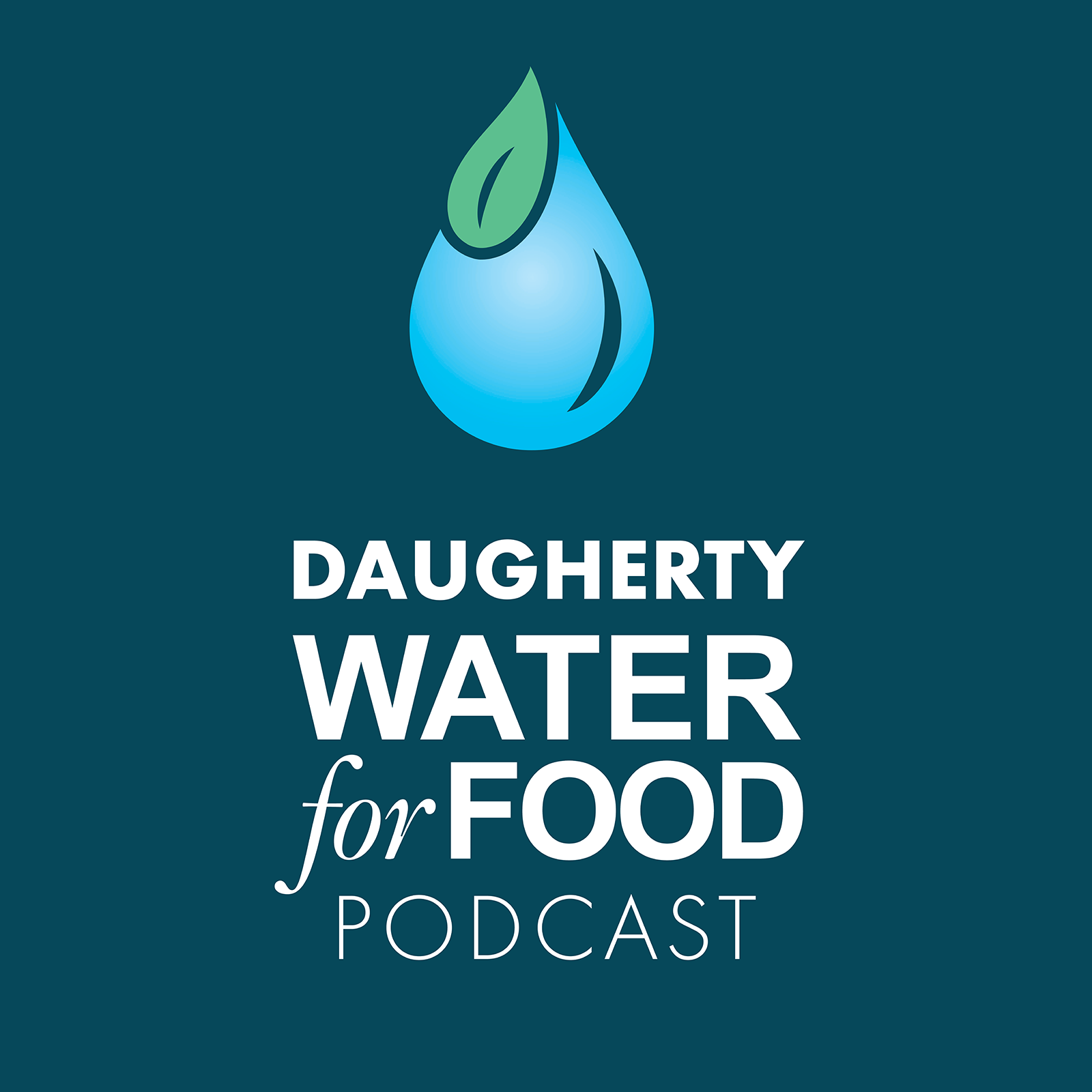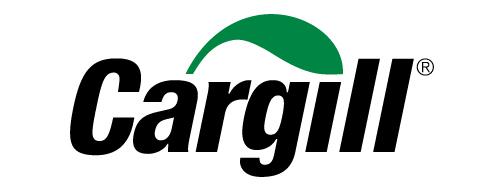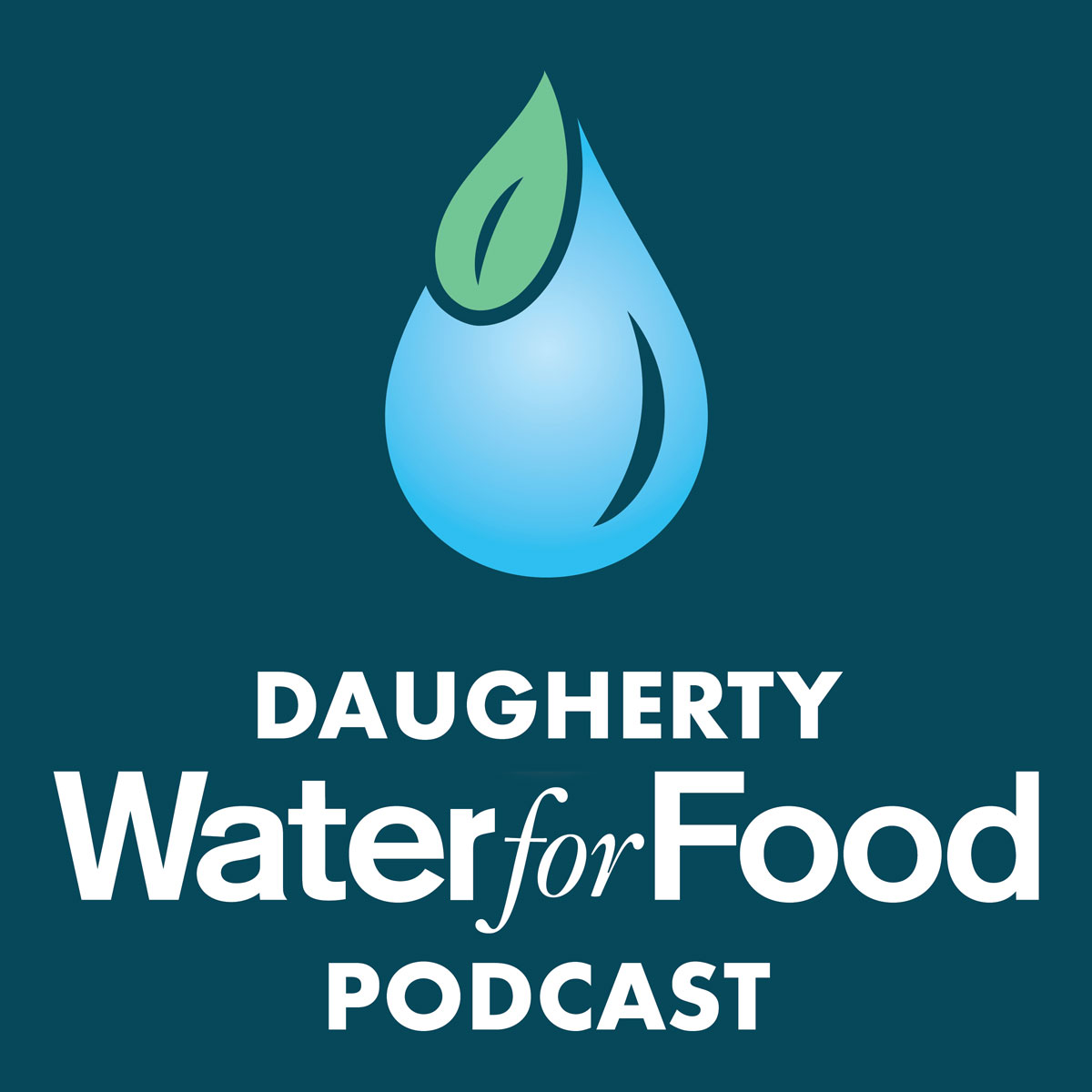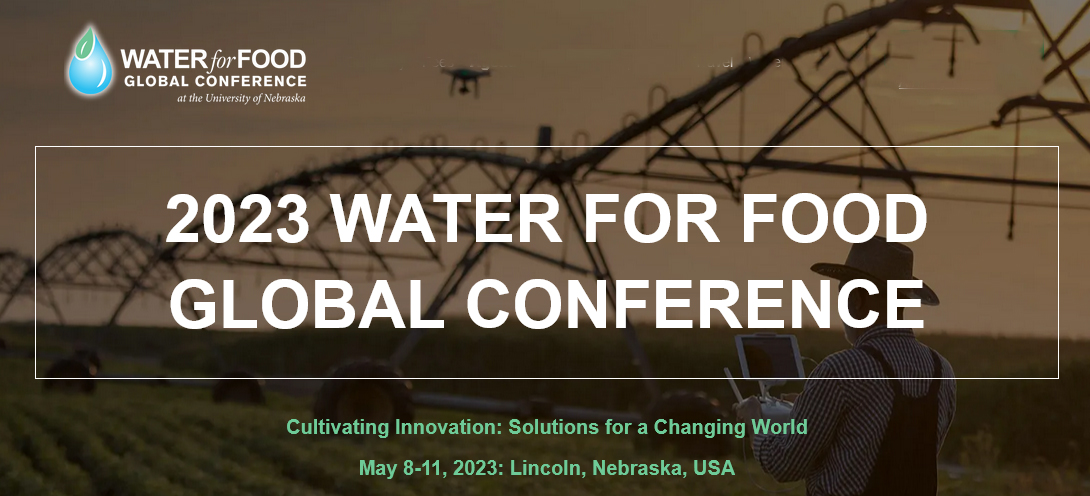Irrigation expansion can provide the water necessary to increase food production for our growing world. It can also be a means for moving farmers from simply producing enough food for their families to generating more income through domestic markets or export of additional production. However, increasing use of irrigation can have varying impacts on the nutrition of the local communities …
Global Irrigation Leader Rivulis Announces Opening of Largest, State-of-the-Art Micro Irrigation Manufacturing Facility in North America
Expands production capacity of the Rivulis T-Tape while upholding industry-leading quality and sustainability standards Singapore – (September 5, 2024) Rivulis Pte. Ltd. (“Rivulis”), a global leader in advanced irrigation and climate solutions, today announced the opening of the largest micro irrigation production facility in North America to increase production capacity as the demand for resource-conscious irrigation solutions climbs. The addition …
Cargill and Goanna Ag Pilot Irrigation Efficiency Technology on Mississippi Delta Cotton Fields
Precision irrigation project helps cotton farmers get more crop per drop Wayzata, Minn. (August 14, 2024) – Cargill is partnering with Australian company Goanna Ag on a new pilot project focused on advancing irrigation efficiency on cotton fields in the Mississippi Delta. The project will introduce a state-of-the art technology that aims to transform how and when farmers water their …
DWFI Podcast 37 – Opportunities of Irrigation and Mechanization
In November 2023, the Daugherty Water for Food Global Institute announced a new USAID Feed the Future Innovation Lab for Irrigation and Mechanization Systems (ILIMS). ILIMS enhances global food security by generating research-based solutions to support the growth of vibrant irrigation and mechanization markets; develops strong institutions and local capacity for their sustainability; and fosters opportunities for equitable access for …
Rivulis Appoints Irrigation Industry Veteran Joshua Dixon as CEO
Dixon to lead Rivulis’ continued growth and international market penetration, as the Company transforms global irrigation to address climate change, water and food security Richard Klapholz to step down in September 2024 after more than a decade of service KFAR SABA, ISRAEL – (July 15, 2024) Rivulis Pte. Ltd. (“Rivulis”), a global leader in advanced irrigation and climate solutions, today …
DWFI Podcast 35 – Nebraska’s Agtech Innovation Ecosystem
Farmers are the original agtech innovators. As the population grows, and water resources become scarcer, there is a need for continued innovation in agricultural technologies, and a ready network to foster and accelerate them. The 2024 Nebraska Agtech Innovation Ecosystem Map, jointly published by Water for Food and The Combine AgTech Incubator by Invest Nebraska, outlines the ecosystem for entrepreneurs …
GS Vortex Systems Launches Vortex Flow Amplifier, The New Standard in Pipe Flow Technology
With their radical breakthrough in fluid flow control, GS Vortex Systems delivers transformational gains in cost reduction, flow efficiency, system productivity, and sustainability for agricultural irrigation and other industries Midland and Austin, TX, November 9th, 2023 — GS Vortex Systems, the new standard for cost reduction and flow assurance in piping systems, announced today the launch of their flagship product, …
DWFI Podcast 29 – Nicole Lefore, DWFI
The U.S. Agency for International Development (USAID) has selected the Daugherty Water for Food Global Institute (DWFI) at the University of Nebraska to lead its new Feed the Future Innovation Lab for Irrigation and Mechanization Systems (ILIMS). In this episode of the Water for Food Podcast, we hear from Nicole Lefore, the director of the new lab and the associate …
DWFI Podcast 27- Dick Wolfe and Felicia Marcus
In our third and last episode from the 2023 Water for Food Global Conference, produced by the Daugherty Water for Food Global Institute at the University of Nebraska (DWFI), we hear about “Western rivers, a changing climate, and the role of irrigated agriculture.” Our guests for this episode are retired Colorado state engineer Dick Wolfe, a farmer and Senior Advisor …
DWFI Podcast 26 – Mure Agbonlahor and Louise Mabulo
This is the second in our series of podcasts from the 2023 Water for Food Global Conference, produced by the Daugherty Water for Food Global Institute at the University of Nebraska (DWFI) and held May 8-11 in Lincoln, Neb. In this episode, we hear from Dr. Mure Agbonlahor, who works at the African Union Commission as senior Policy Officer, and …
DWFI Podcast 24 – Ankit Chandra and Nick Brozović, DWFI
Daugherty Water for Food Institute (DWFI) Research Program Manager Ankit Chandra and Director of Policy Nick Brozović recently published research on “Entrepreneurial trends in the Indian agricultural water ecosystem” and the larger business landscape of agricultural water use and investments. In this edition of the Water for Food podcast, we are sharing an episode of Agribusiness Matters, hosted by Venky …
2023 Water for Food Conference
For the first time since 2019, global water management and food security experts will gather in person May 8-10 in Lincoln, Nebraska for the 2023 Water for Food Global Conference. This virtual ag newsroom includes links to photos and audio content available free of charge for digital or print publication or broadcast. Photos 2023 Water for Food Global Conference Interviews/Audio …
DWFI Podcast 20 – Christopher Neale, DWFI
In this episode of the Water for Food Podcast, Daugherty Water for Food Global Institute (DWFI) Director of Communications Frances Hayes sits down with her colleague and DWFI’s Director of Research Dr. Christopher Neale. Dr. Neale shares how his technical research translates to a more sustainable agricultural system through more precise use of water and savings for farmers. Dr. Neale …
DWFI Podcast 15 – Roric Paulman, Paulman Farms
Roric Paulman is a producer and owner of Paulman Farms, located just south of Sutherland, Nebraska and in the heart of the Ogallala Aquifer, comprised of both irrigated and rain fed farmland. The farm was established and harvested its first crop in 1985 and uses the latest on-farm technology to grow more than a dozen crops. It is one of …
DWFI Podcast 13 – Business Ecosystem in Rwanda
Of Rwanda’s roughly 600,000 hectares of irrigable land, only 10% is currently irrigated. With a more developed irrigation industry, farmers would be able to take advantage of three growing seasons, rather than one, enabling better food security and income. However, there are gaps in knowledge needed to advance the industry. Seeking to make these advancements accessible, staff at the Daugherty …
- Page 1 of 2
- 1
- 2






